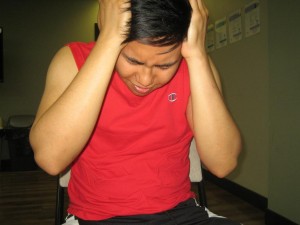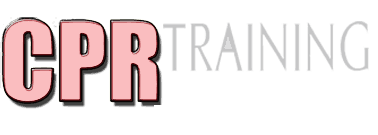Diazepam overdose occurs when an individual takes more than the recommended dosage of the prescription medication diazepam used to treat anxiety disorders.
Diazepam overdose occurs when an individual takes more than the recommended dosage of diazepam. Diazepam is a prescription medication used to treat anxiety disorders. Upon hearing overdose of diazepam, it may sound unfamiliar as it is the generic name. It is more popularly known as valium. Valium is a highly addictive medication. This medication is known to impair thinking, thus seek a pharmacist’s advice before using it with other medications or before doing other activities

Diazepam is a benzodiazepine. It interacts with chemicals in the brain that typically cause it to become unbalanced and cause anxiety. Aside from anxiety disorders, it is also used to treat alcohol withdrawal symptoms, muscle spasms, and in some cases, seizures.. Overdose of diazepam can be severely fatal, thus emergency medical services must be called for immediately.
Where is Diazepam Found:
Aside from valium, diazepam is also found in other medications such as:
- Diastat
- Diastat AcuDial
- Diastat Pediatric
- Dizac
- Valrelease
- Diazepam intensol
*This list may not be all-inclusive.
Causes of Diazepam Overdose
Drug overdose is either classified as intentional (deliberate) or accidental:
- Intentional or planned overdose
- To bring harm upon self or a suicide attempt
- “To get by the day”
- To get sensation of “highness”
- Accidental or unplanned overdose
- Mistaking pills for candies or ingestion out of curiosity (common in infants and young children)
- Taking an incorrect mediation or taking wrong doses of the right medication
- Taking more than the recommended dosage unknowing that it is already beyond dosage
- Taking multiple medications with diazepam unknowing of its contents
Signs and Symptoms of Diazepam Overdose
The most characteristic symptom of overdose of diazepam overdose is falling into deep sleep or “coma” still capable of breathing normally. This might make it difficult to determine if an overdose of diazepam occurs. The other possible signs and symptoms of diazepam overdose include:
- Blurred or double vision
- Quick side-to-side eye movement
- Dizziness
- Laboured breathing
- Uncoordinated movement
- Upset stomach
- Hiccups
- Rashes
- Cyanosis of lips and fingernails
- Excitability
- Lack of alertness
- Confusion
- Tiredness
- Weakness
- Drowsiness
- Depression
First Aid Management for Diazepam Overdose
Treatment for diazepam overdose will be tailored accordingly to the needs of an individual. Some first aid trips recommended in cases of drug overdose include:
- Immediately call for emergency medical service if the victim has collapsed or stopped breathing.
- Initiate CPR if the individual has weak breathing or is not breathing at all.
- If no symptoms are present, call Poison Control immediately and they will advice on how to continue.
- In cases of overdose of benzodiazepines, such as diazepam, vomiting should be induced within one hour if the victim is conscious.
- Bring a sample of the overdosed drug or an empty bottle to the emergency room or doctor’s office or give to the emergency team.
Disclaimer: This article does not provide medical advice and should not be substituted for formal training. The information given should not be used for self-diagnosis. Seek medical attention when necessary. It is important to recognise medical emergencies at all times to avoid complications from developing. To learn more about how to properly manage diazepam overdose, enrol in a first aid course with St Mark James Training.
Online Sources:
http://www.nlm.nih.gov/medlineplus/ency/article/002629.htm
http://www.drugs.com/diazepam.html
http://www.rxlist.com/valium-drug/overdosage-contraindications.htm
